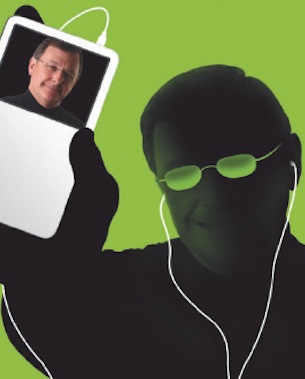“It would appear that we have reached the limits of what it is possible to achieve with computer technology, although one should be careful with such statements, as they tend to sound pretty silly in five years.” That’s a quote from John Von Neumann, the famously brilliant mathematician, uttered, by all accounts, sometime around 1949.
It may seem funny to us to read his remarks now, almost 60 years later. But they still hold true, don’t they?
Every day we witness new miracles in the area of technology. And those advances are growing more miraculous with every passing moment. In fact, technology is advancing at a more break-neck speed now than ever before and there is no reason to think that this ever-increasing acceleration will stop.
To some, this may seem intimidating, but to those with vision and leadership skills, it is empowering. We know that ideas will always be the fuel for change. And those ideas will always be the product of the human imagination. Technology is merely a catalyst for the manifestation of these ideas.
And what a catalyst it is. The emergence and convergence of various technologies, just in our lifetime, has changed the way we spend our leisure time, the way we shop, the way we communicate, the way we solve problems, the way we monitor and measure, the way we manage, even the quality of our health and the ways in which we live and understand our world.
And yet, it all comes down to human imagination and will. We see so many examples right here at Hankamer. Students from business, sciences and engineering are teaming up to bring new innovative products to market. Professors are pioneering thought in subjects such as virtual teams, cyber warfare, healthcare administration, RFID in operations management and many others. Alumni are leading the most powerful corporations in the world toward their vision of the future.
People drive the vision. Technology enables the vision to become tangible.
Terry S. Maness
Dean
Baylor Business Review, Fall 2006






